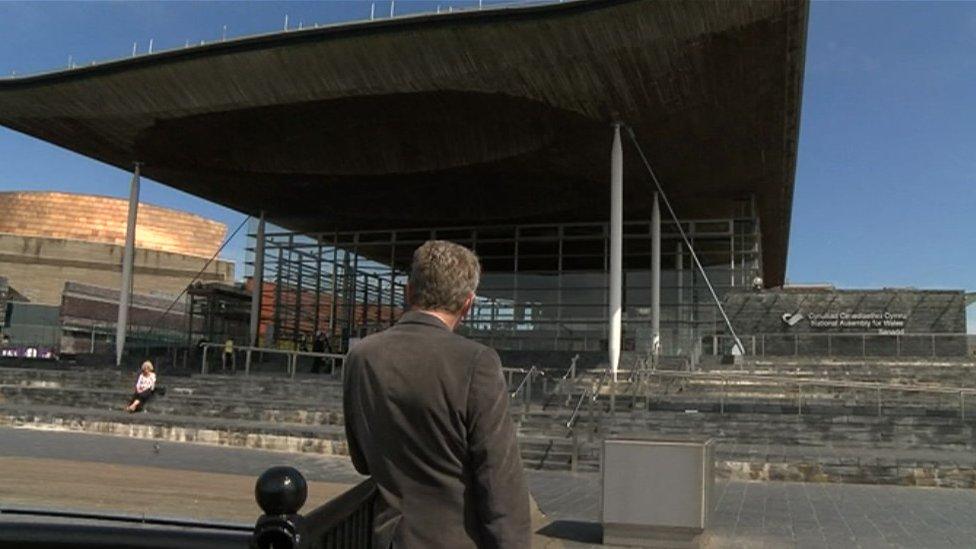Abolish the Welsh Assembly party 'may win seats' at 2021 poll
- Published
- comments
What has the Welsh Assembly done for you?
Campaigners who want to scrap the Welsh Assembly could win seats at the 2021 election, a political expert has said.
About 24% of people would vote to get rid of the National Assembly for Wales, in Cardiff, according to a recent poll, external.
Prof Roger Awan-Scully of Cardiff University said if anti-devolution forces united, the Abolish the Welsh Assembly Party could win seats.
At the 2016 election, the party won more votes than the Liberal Democrats in two of the five regional lists.
Assembly members are elected under two systems, with 40 constituency AMs elected via the first-past-the-post system used in parliament, while 20 regional AMs are chosen using a quota system to give a more proportional overall result.
Across Wales, the Abolish the Welsh Assembly Party did not win any seats but won 4.5% of the regional list vote despite limited resources and almost no media coverage.

Prof Roger Awan-Scully said opinions on devolution could become more divided
Prof Awan-Scully from the Wales Governance Centre said: "If forces that are broadly sceptical or hostile to devolution can organise around a single clear alternative, they will probably win some representation in the assembly.
"Although support for devolution in general has increased in the few years that followed [devolution], there has remained this persistent body of opinion of people who when asked the question don't really like the idea of there being a devolved level of government in Wales."
When given a range of options on the future of devolution, more than half (56%) of the population support the status quo, according to a YouGov Welsh Barometer poll in January.
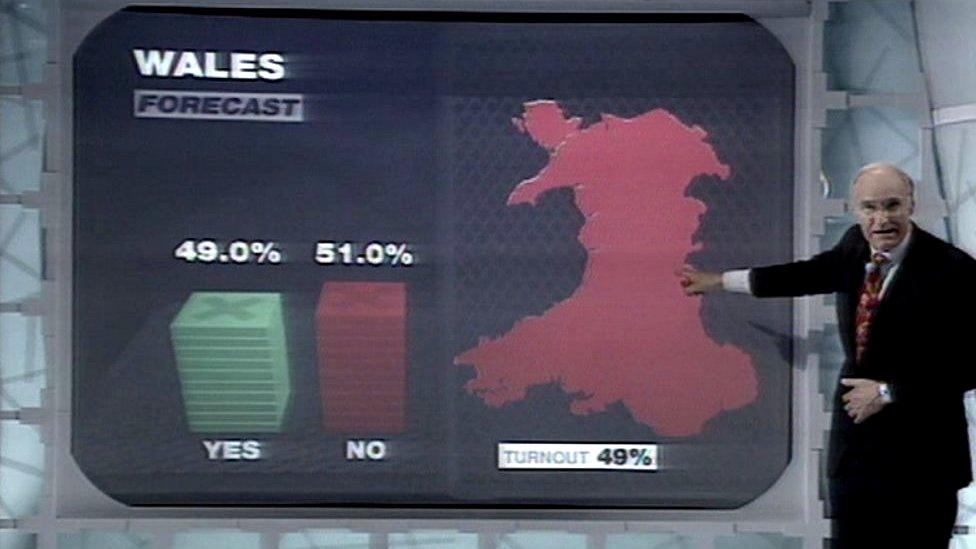
Peter Snow reporting on the 1997 Wales referendum results
Simon Rees, press officer of the Abolish the Welsh Assembly Party, has started working for former UKIP, now independent AM, Gareth Bennett, fuelling speculation Mr Bennett could stand as a candidate for the party in the 2021 election.
Mr Rees said it is a decision "for the board" but he "sees no reason why Mr Bennett can't stand for the party".
Mr Bennett did not comment.
"If there was a referendum tomorrow, we'd lose", Mr Rees said, but he hopes high profile candidates could give them a platform to get more widespread support.
"Devolution has been going on for 20 years and people don't feel that it's mattered, that it's helped people," he said.
"People in north Wales feel like all the money is being spent in Cardiff."
There is a slight variation in support for abolishing the Assembly across Wales, according to the YouGov survey.
In South Wales Central, which includes Cardiff, it was 22%, compared to 27% in the North Wales region and in Mid and West Wales.
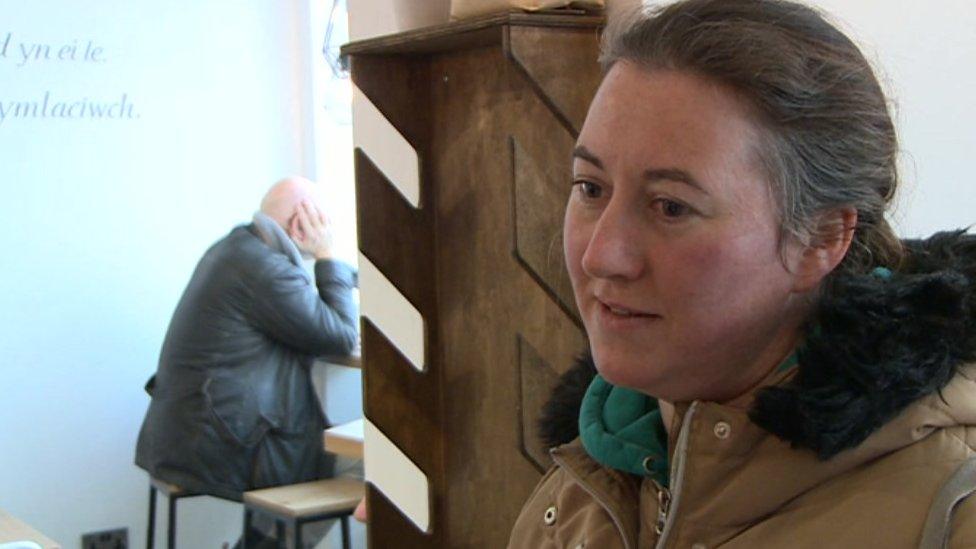
Elinor said she would like to see more money spent in north Wales
In Mold, Flintshire, there was a range of views in a café on the High Street. While many felt that Cardiff Bay was far away, not everyone thought the institution should be abolished.
Elinor, who is self-employed and lives locally, said she did think the assembly had made a difference.
"Money has been put into the area but yes, it would be nice to see some more money spent up north," she said.
"You do get the feeling that all the money is spent down south."
Jenny, a retired academic from near Mold, supports the idea of devolution, saying it was a "great idea" to have an assembly, but did not feel informed enough to make a judgment.
"I only know about it as much as I know about Boris Johnson, and that's probably not an accurate picture," she said.
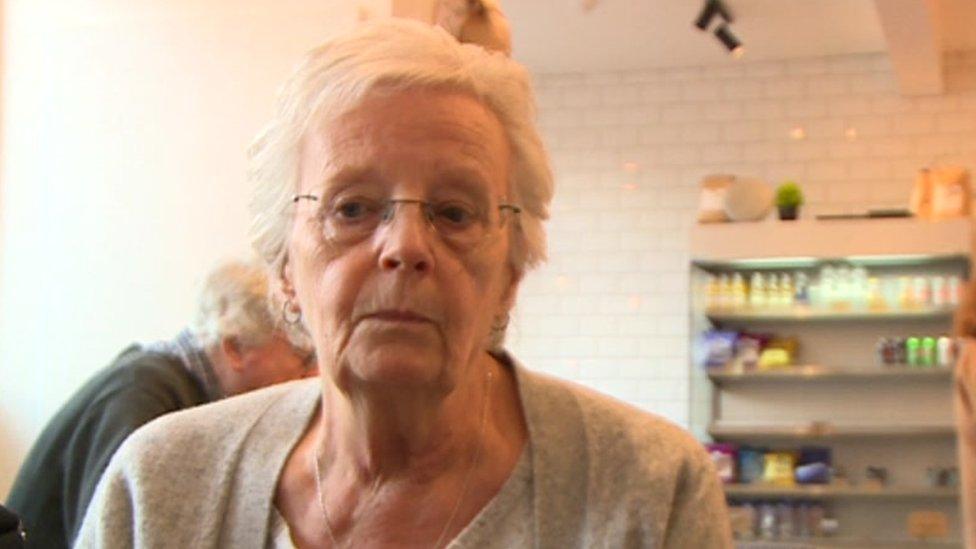
Jenny wants to be better informed about devolution
This month the Welsh Assembly announced it would spend a week this summer in north east Wales in a bid to "engage" its work.
It is perhaps no surprise those who live furthest away from the centre of power feel the least connected to the institution, but it seems there is anxiety in Cardiff Bay not everyone has been persuaded of the argument for devolution.
After the political earthquake of Brexit, Prof Awan-Scully said there could be a move away from the middle ground to a more extreme proposition.
"We're still some way from that in Wales in regards to devolution, but I suppose stranger things have happened," he said.
"It could be that at some point we get to see more of a choice between the extreme alternatives of independence and getting rid of autonomy altogether."
- Published7 May 2019
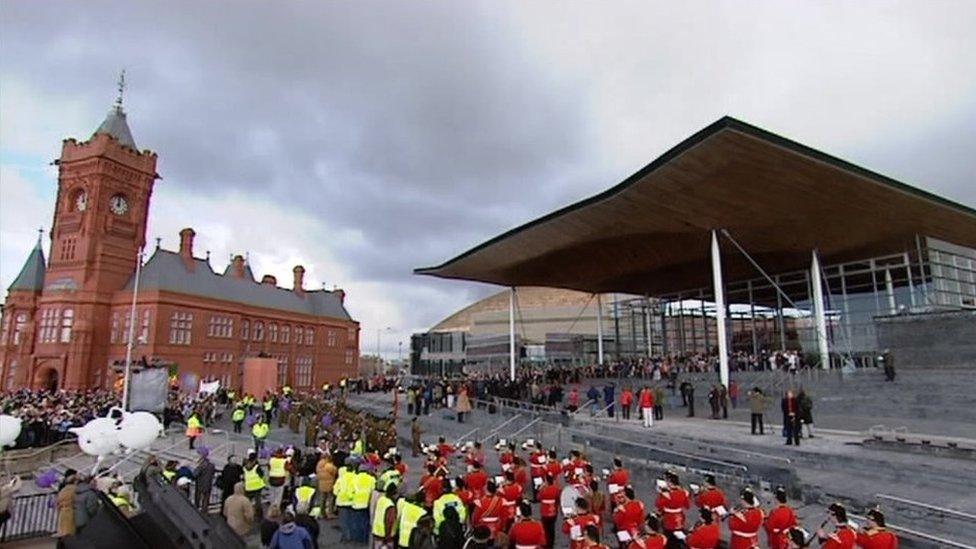
- Published18 March 2019
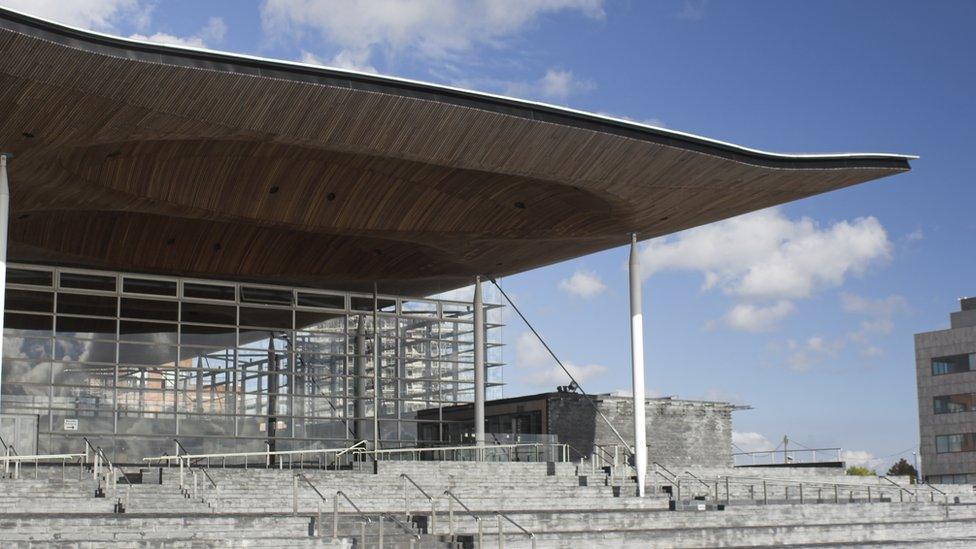
- Published18 September 2017
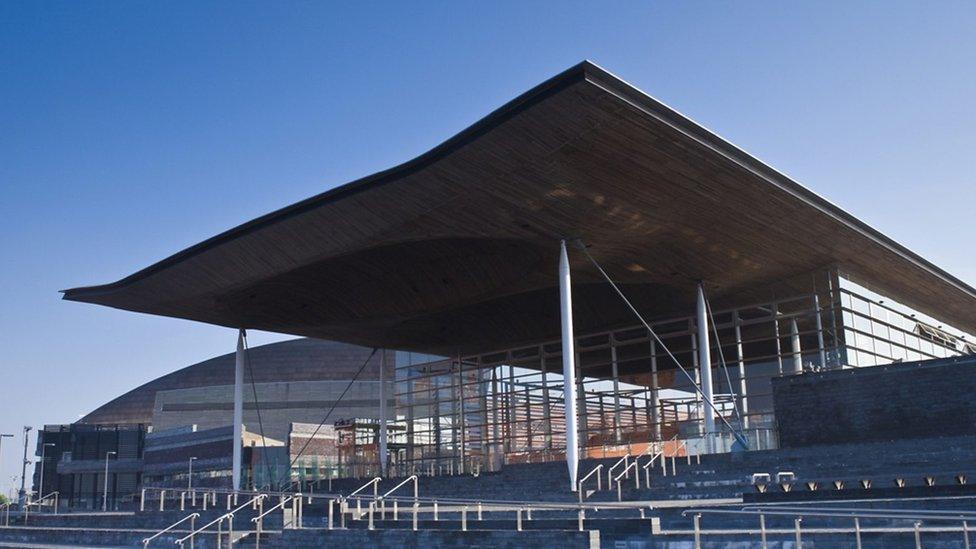
- Published16 September 2017

- Published7 May 2016
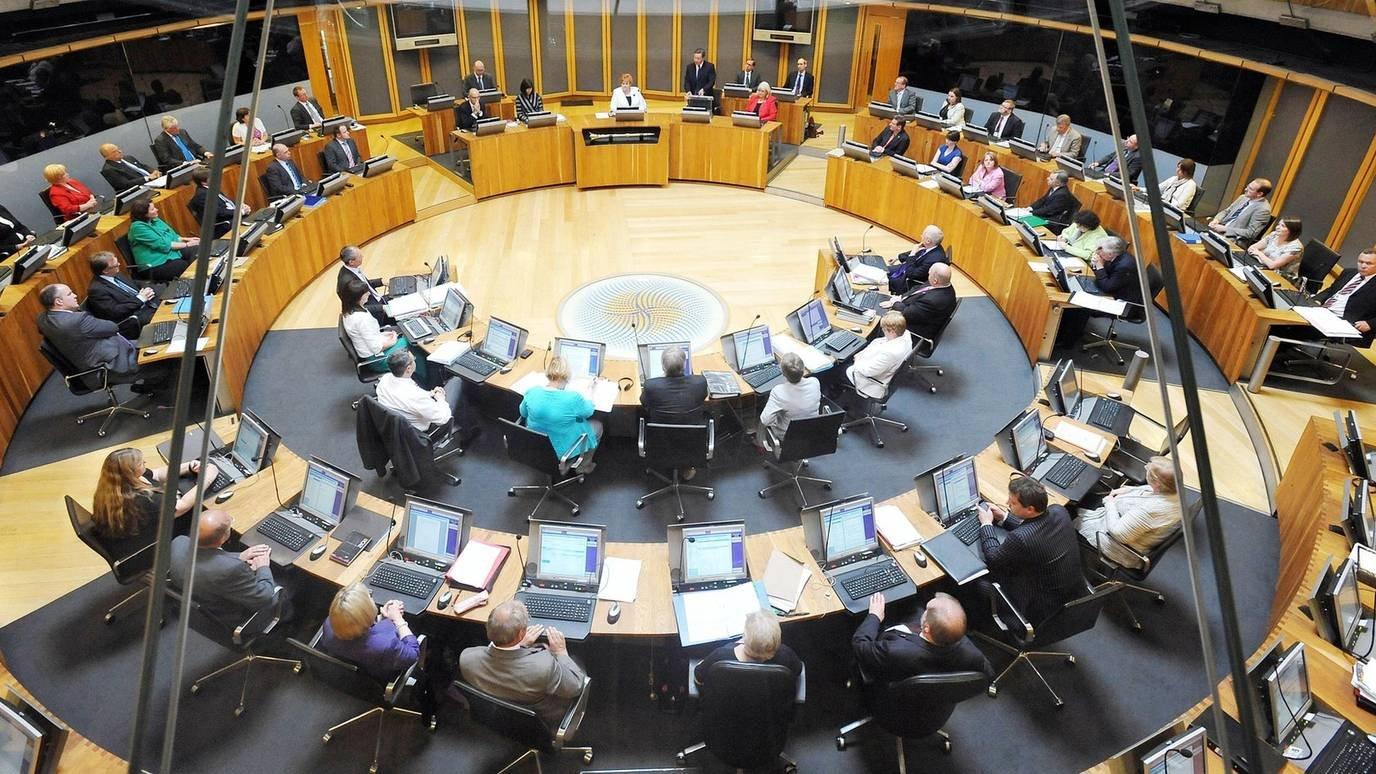
- Published22 April 2016
